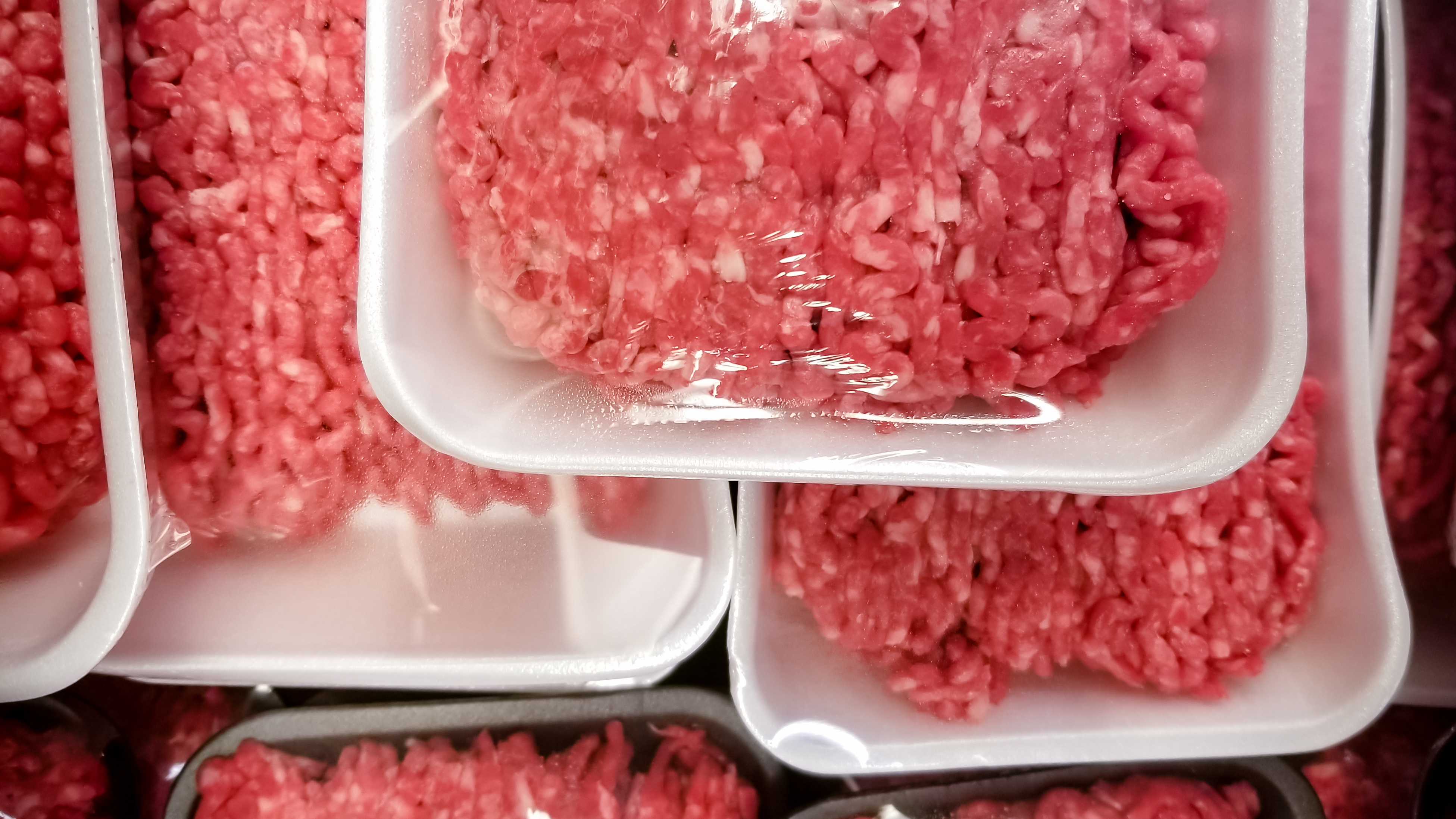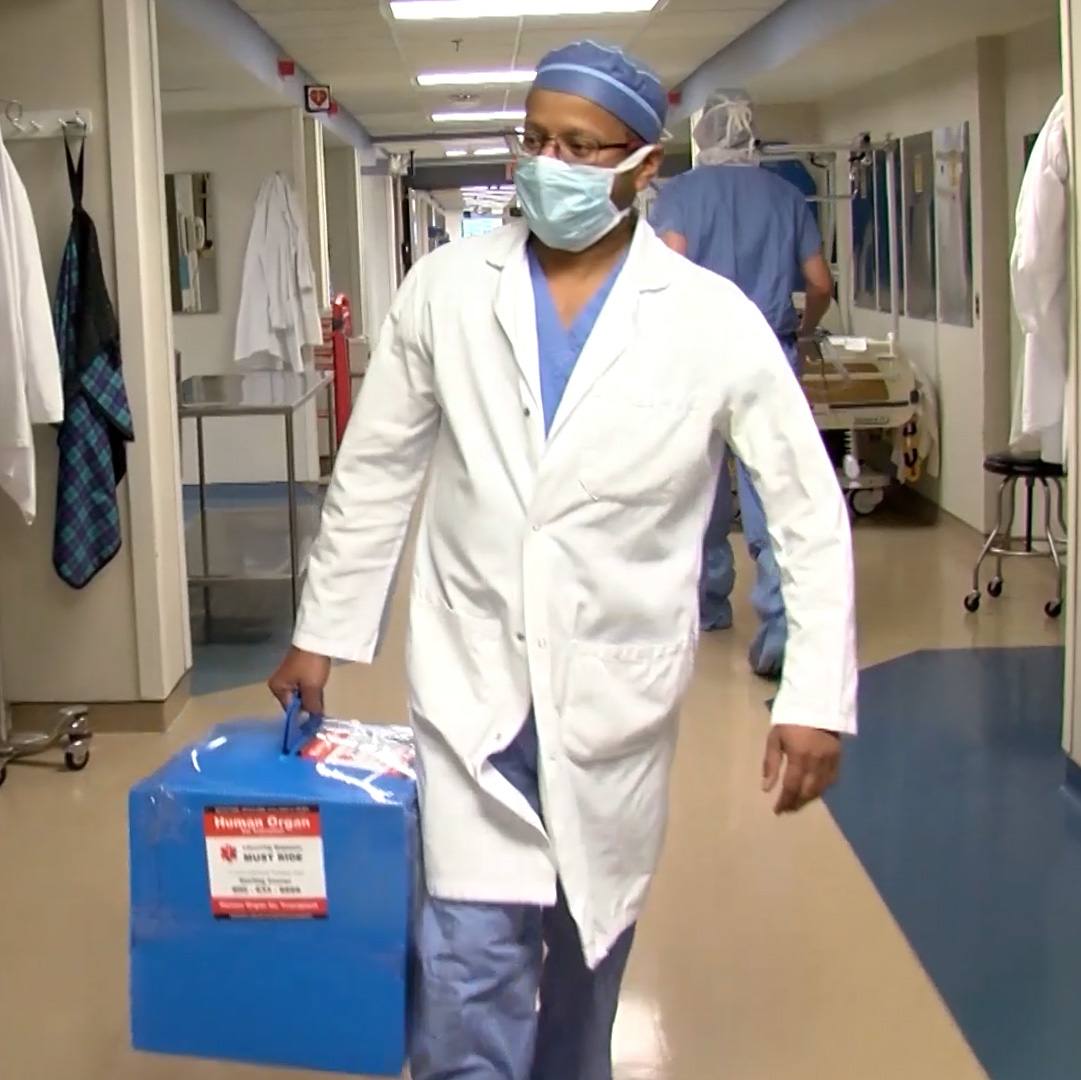Salmonella infection is one of the most common forms of foodborne illness in the U.S. An estimated 1 million people become sick and 380 people die each year from the bacterial disease, according to the Centers for Disease Control and Prevention.
-
Featured News
Salmonella suspected in recalled beef

An Arizona meat producer is recalling over 6 million pounds of raw, non-intact beef products due to an outbreak of salmonella, according to a statement from the U.S. Department of Agriculture's Food Safety and Inspection Service. The recalled products may be contaminated with salmonella and were packaged between July 26 and Sept. 7. The packages were sold nationwide under brand names Walmart, Cedar River Farms Natural Beef, Showcase, Showcase/Walmart and JBS Generic.
Dr. Nipunie Rajapakse, a Mayo Clinic pediatric infectious diseases specialist, says salmonella bacteria also are usually found in poultry products, "Chicken and eggs are usually the biggest culprits."
Watch: Dr. Rajapakse explains salmonella infection.
Journalists: Broadcast-quality sound bites are available in downloads at the end of the post. Please ‘Courtesy: Mayo Clinic News Network.’
Salmonella bacteria typically live in animal and human intestines. They usually are transmitted to people when they eat foods contaminated with the bacteria. However, salmonella bacteria also can be transmitted through contact with animals or their environment. Some pets, particularly birds and reptiles, can carry salmonella bacteria.
"Salmonella infection can cause a variety of symptoms. Most commonly, it causes some abdominal pain, nausea and diarrhea," says Dr. Rajapakse.
"For most healthy people, salmonella infection is generally quite mild," she says. "They may have some diarrhea, and symptoms can go away over time without needing any specific treatment. However, people who have weakened immune systems, young children, pregnant women, or people who have other issues with their digestive system may have more severe symptoms. Generally, most healthy people don’t require antibiotics to treat salmonella infection."
Prevent salmonella infection by:
- Practicing good hand hygiene.
Wash your hands after handling raw meat or poultry. - Preventing cross-contamination.
Wash kitchen work surfaces and utensils with soap and water immediately after they have been in contact with raw meat or poultry. - Not eating raw eggs or foods containing raw eggs.
If you must consume raw eggs, ensure they've been pasteurized.







